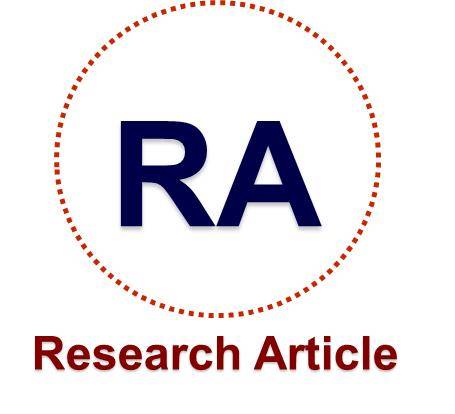Assessment of livestock owners' knowledge, attitudes, and practices regarding the use and resistance of antimicrobials in Ethiopia
Authors: Zinash Woldemichael, Kidist Jifar, Kedir Yusuf and Yemiserach Negash
Arch.Life.Sci.Res.
2025.
vol. 1, Iss. 1
pp:23-36
Doi: https://doi.org/10.51585/alsr.2025.1.0004

Abstract:
Antimicrobial resistance (AMR), which refers to the reduced effectiveness of antimicrobial agents against microorganisms, is a growing concern primarily driven by improper and excessive antimicrobial use (AMU), especially in animal production, where usage surpasses that in human health sectors. This study aimed to assess the knowledge, attitude, and practice (KAP) of livestock owners regarding AMU and AMR in Kulito Town, Halaba Zone, Central Ethiopia. A cross-sectional survey was conducted in five selected kebeles, collecting data from 384 livestock owners through structured, face-to-face interviews. The findings revealed that 60.2% of respondents used antibiotics for their livestock, often from informal sources. Educational status was significantly associated with knowledge (OR=1.30, 95% CI=1.04–1.62, p<0.05) but not with attitude or practice. Most participants were not aware of the causes and solutions for AMR, although 44.8% recognized poor awareness as a major contributing factor. Complementary treatments were often viewed as effective alternatives to reduce antibiotic use and resistance. The study highlights the need for increased awareness and targeted interventions to promote responsible AMU and combat AMR among livestock owners in the region.
Keywords:
Animal owners, Antimicrobial use, Antimicrobial resistance, Questionnaire, and Halaba kulito
Statistics:
Article Views: 132
PDF Download: 6